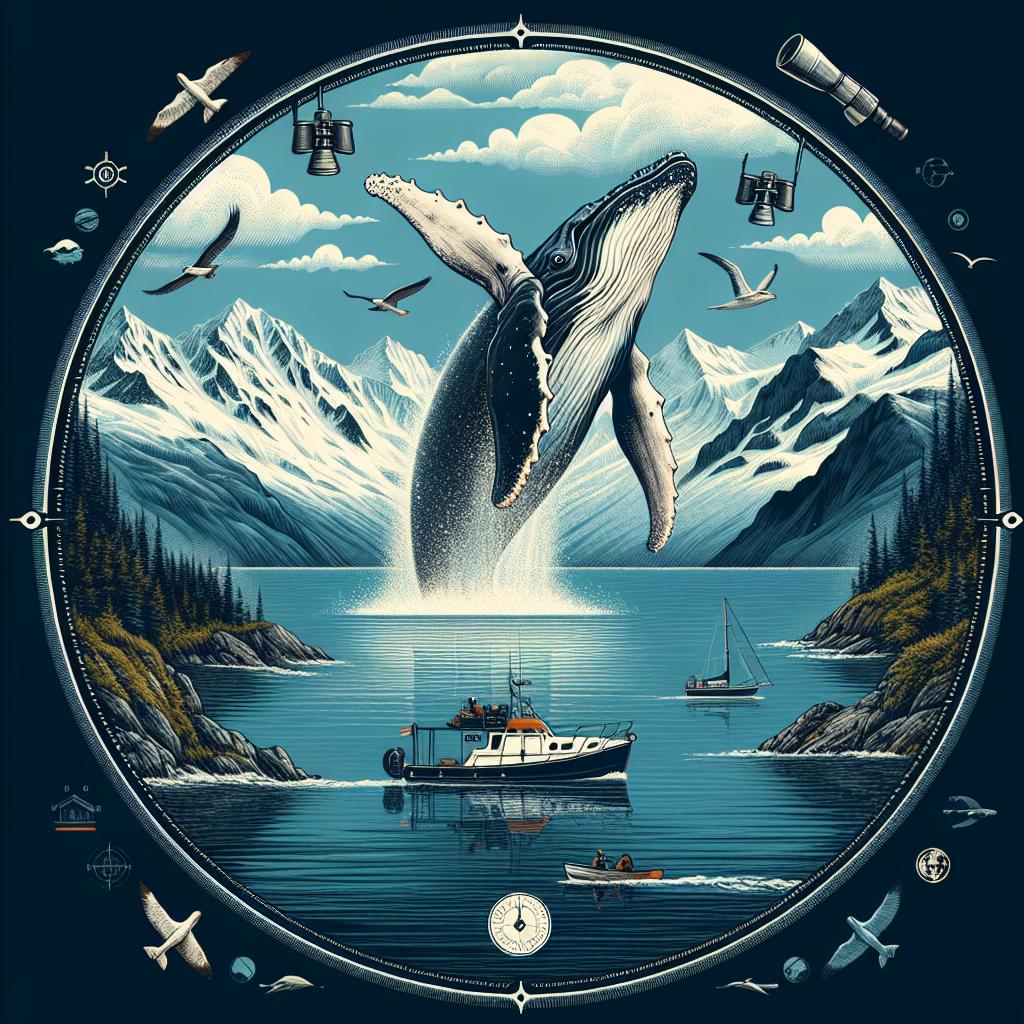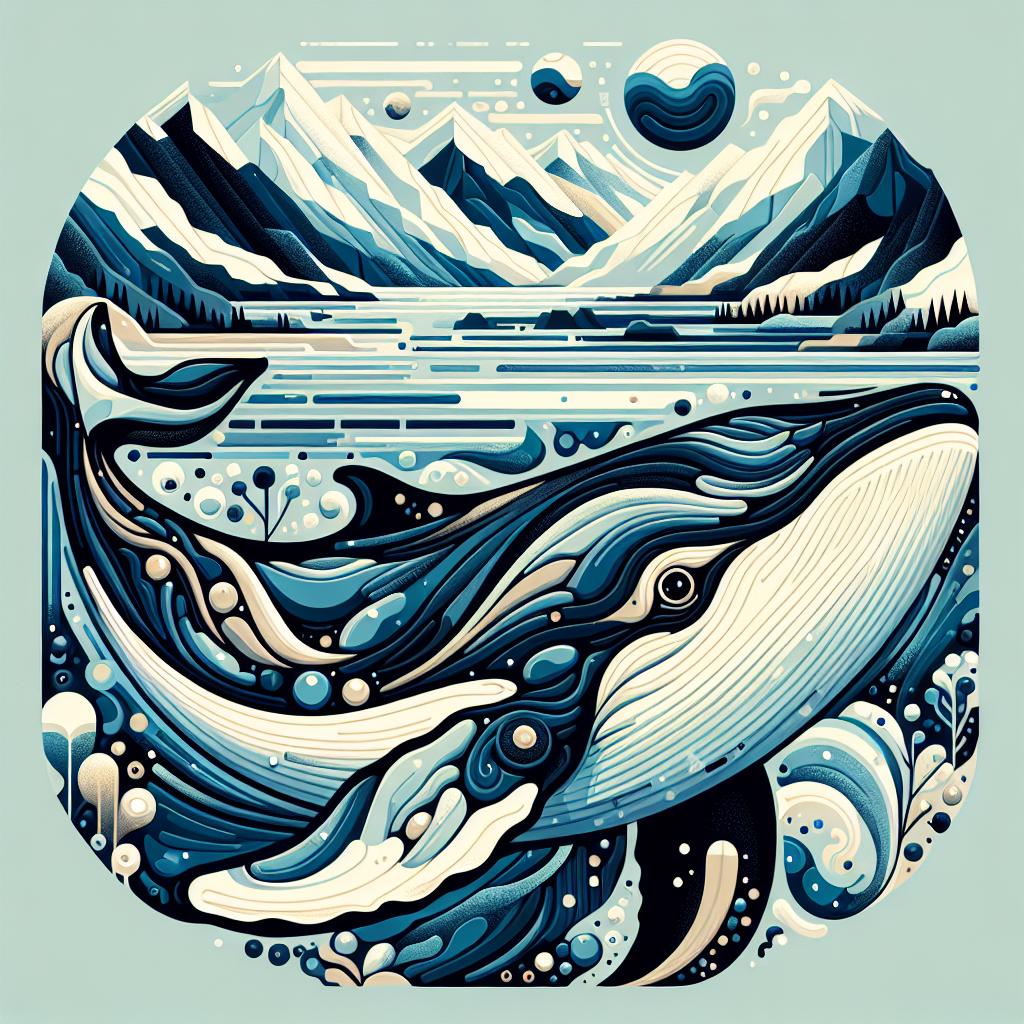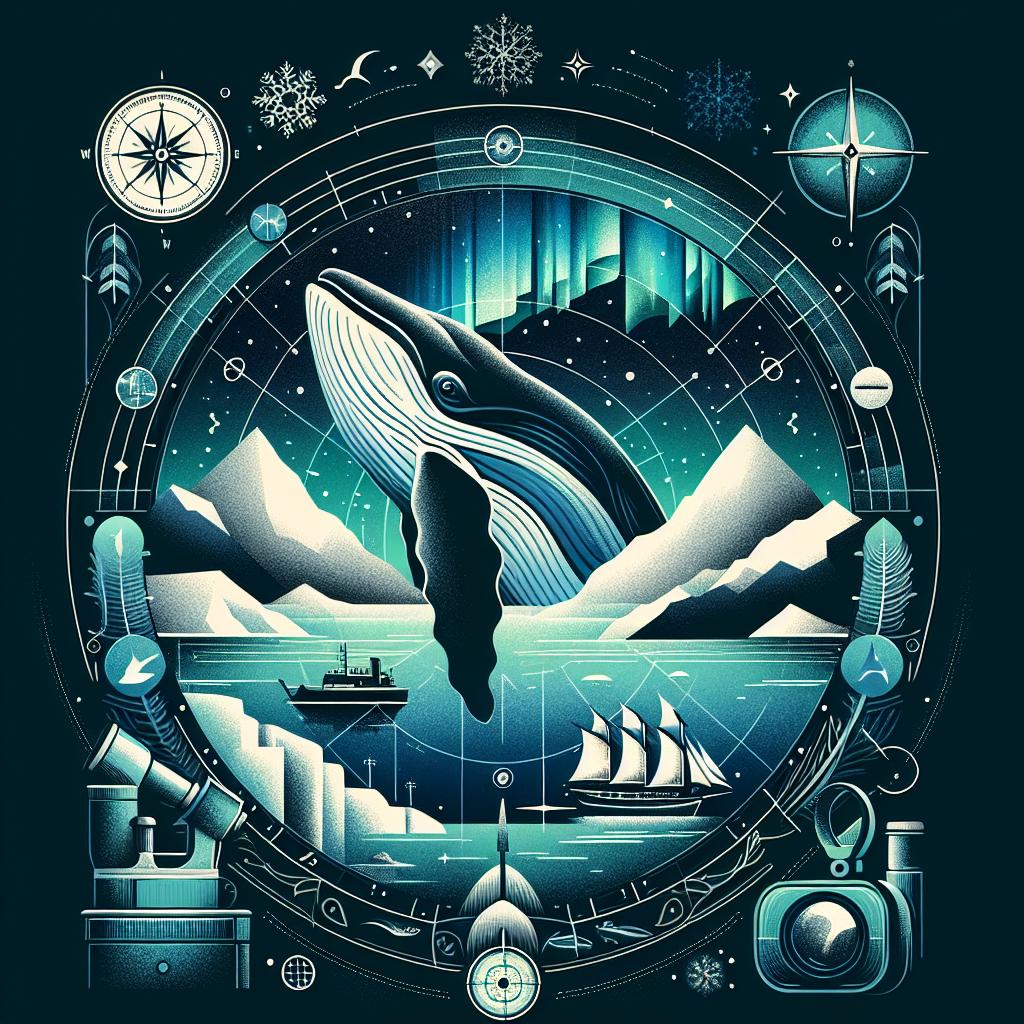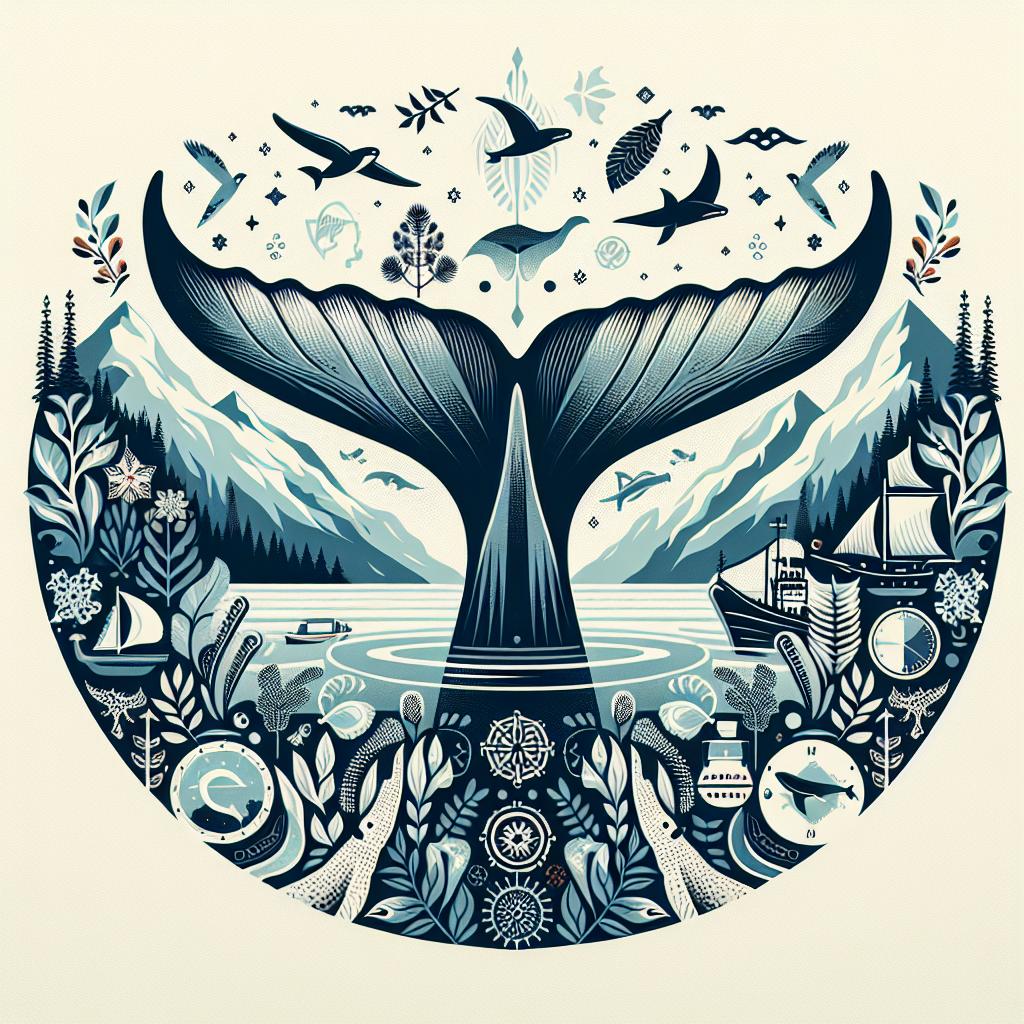Whale Watching in Alaska: When and Where to See Them
Imagine standing on the deck of a boat, the brisk Alaskan breeze tugging at your jacket, the vast expanse of ocean stretching out before you. Suddenly,the tranquil surface parts,and with a graceful arch,a massive humpback whale breaks the water,sending a shower of salt spray into the air. This magical moment encapsulates what whale watching in alaska is all about—a thrilling dance between nature and its most magnificent creatures. From the majestic orcas of the Kenai Fjords to the gentle giants of Glacier Bay, this breathtaking state is a haven for marine life enthusiasts. But with so much beauty to behold, when is the best time to embark on this unforgettable adventure, and where should you go to witness the spectacle? Grab your binoculars and settle in as we dive into the world of whale watching in Alaska, guiding you on when and where to catch these incredible sights!
The Best Times to Spot Whales: Seasons of Spectacle
Whale watching in Alaska is truly a remarkable experience,with each season offering its own unique opportunities to see these majestic creatures. The summer months are frequently enough considered the best time for whale sightings, particularly from May to September, when the waters are teeming with life. During this period, species such as humpback whales, orcas, and gray whales migrate to feed in nutrient-rich waters. This is also when you can witness captivating behaviors such as breaching, tail slapping, and spy-hopping, making for unforgettable encounters that delight seasoned whale watchers and newcomers alike.
Though, Alaska’s whale watching season does not stop in July and August.Fall can bring its own surprises, as some whales linger in the coastal waters before heading south for the winter. Keep an eye out during October and November, as gray whales often follow the coastline in a final migration. For a bolder adventure, consider planning your visit in spring – March through April, when the icy waters begin to melt, creating pathways for migrating whales returning from warmer climes. Here’s a simple table outlining these peak times and the species you might expect to see:
| Season | Whale Species |
|---|---|
| Spring (march – April) | Gray Whales |
| Summer (May – September) | humpback Whales, Orcas, Minke Whales |
| Fall (October – November) | Gray whales |

Top Locations for Whale Enthusiasts: Your Ultimate guide
Alaska is renowned for its breathtaking landscapes and the mesmerizing sight of whales in their natural habitat. If you’re planning a whale watching expedition, Juneau is one of the best spots. Nestled in the heart of the Alaskan wilderness, this capital city offers incredible opportunities to see humpback whales from April through November. Highlighted by the picturesque Mendenhall glacier, the surrounding waters are a playground for these majestic giants, and tours frequently enough guarantee sightings. For a truly unique experience,consider a kayaking tour in Auke Bay,where the intimate setting allows for up-close encounters with these gentle giants.
Another must-visit destination is Homer, known for its stunning coastal scenery and a rich variety of marine life.From late spring to early fall, you can find transient orcas, sea lions, and even the occasional gray whale along the Kenai Peninsula. charter a boat trip or embark on a tour from the small boat harbor, and you’ll not only spot whales but also enjoy the breathtaking views of the surrounding mountains and pristine waters. Here’s a speedy look at some prime whale watching seasons in the major Alaskan hotspots:
| Location | Best Months | Whale Species |
|---|---|---|
| Juneau | May – September | Humpback, Orca |
| Homer | June – September | Gray, Orca |
| Sitka | May – October | Humpback, Minke |
| Anchorage | May – August | Humpback, Orca |

Choosing the right Tour: what to Look for in an Experience
When embarking on a whale watching adventure in Alaska, it’s essential to choose a tour that aligns with your preferences and expectations. Start by investigating the reputation of the tour operator. Look for reviews and testimonials from past participants to gauge the experience they offer. Additionally, consider their safety measures and certifications, as these are crucial for ensuring a secure journey. Tours that prioritize eco-kind practices are especially valuable, as they contribute to the conservation of marine life and provide a more immersive experience.
Another critically important factor to keep in mind is the duration and itinerary of the tour. Some excursions may offer shorter trips with limited sightseeing, while others provide extended journeys that allow for deeper exploration. It’s worth checking what wildlife sightings are guaranteed, as some tours may focus on specific species or offer opportunities for photography. Here’s a helpful checklist to guide your decision:
- Tour operator’s reputation
- Safety measures and certifications
- Eco-friendly practices
- Duration and itinerary
- wildlife sightings guaranteed

Capturing Memories: Tips for Photography and Observation
Whale watching is not just about the majestic creatures; it’s also about capturing the moment that takes your breath away. To ensure your photographs reflect the wonder of these magnificent animals, follow these tips for optimal results:
- Bring the Right Gear: A good DSLR or mirrorless camera with a zoom lens (at least 200mm) is essential for getting up close and personal, even from a distance.
- Utilize Natural Light: Early morning or late afternoon provides soft lighting that enhances colors and details in your shots.
- Be Patient: wait for the right moment—many whale behaviors are momentary. Stay alert and ready,as whale breaches and tails emerge in an instant.
- Focus on the Eyes: Capturing a close-up of the whale’s eye can convey emotion and connection, making your photos more impactful.
Beyond just photography, keen observation is crucial for an enriching experience. enhance your whale watching adventure with these simple yet effective techniques:
- Identify Sounds: Listen for the signature blows and songs of whales; these are indicators of their presence around you.
- Look for Patterns: Pay attention to the water surface for signs of feeding behavior or migration patterns that indicate where whales might be headed.
- Stay Curious: Engage with your fellow observers and share insights. You might discover knowledge about the whales that enhances your experience!
To Conclude
As we wrap up our aquatic adventure through the breathtaking world of whale watching in Alaska, one thing becomes crystal clear: the majestic giants of the sea are waiting to share their wonders with you.Whether you’re captivated by the playful breaches of humpbacks or enchanted by the serene glides of gray whales, each experience promises to be an unforgettable dance between nature and observer.
Remember, the best time to embark on this exhilarating journey is during the warm months of late spring through early fall, with optimal viewing spots dotting the stunning Alaskan coastline. From the picturesque fjords of Glacier Bay to the vast waters surrounding Kodiak Island,you’re set for a close encounter of the magnificent kind.
So grab your binoculars, pack your sense of adventure, and get ready to witness the awe-inspiring beauty of these ocean titans. With every splash and tail flip, you’ll find yourself not just a spectator, but a part of the incredible tapestry that is Alaska’s rich marine life. Safe journeys,fellow adventurers,and may your whale-watching escapades be filled with wonder and unforgettable memories! Come back with stories to share,as every wave has a tale to tell. Happy whale watching! 🐳✨

